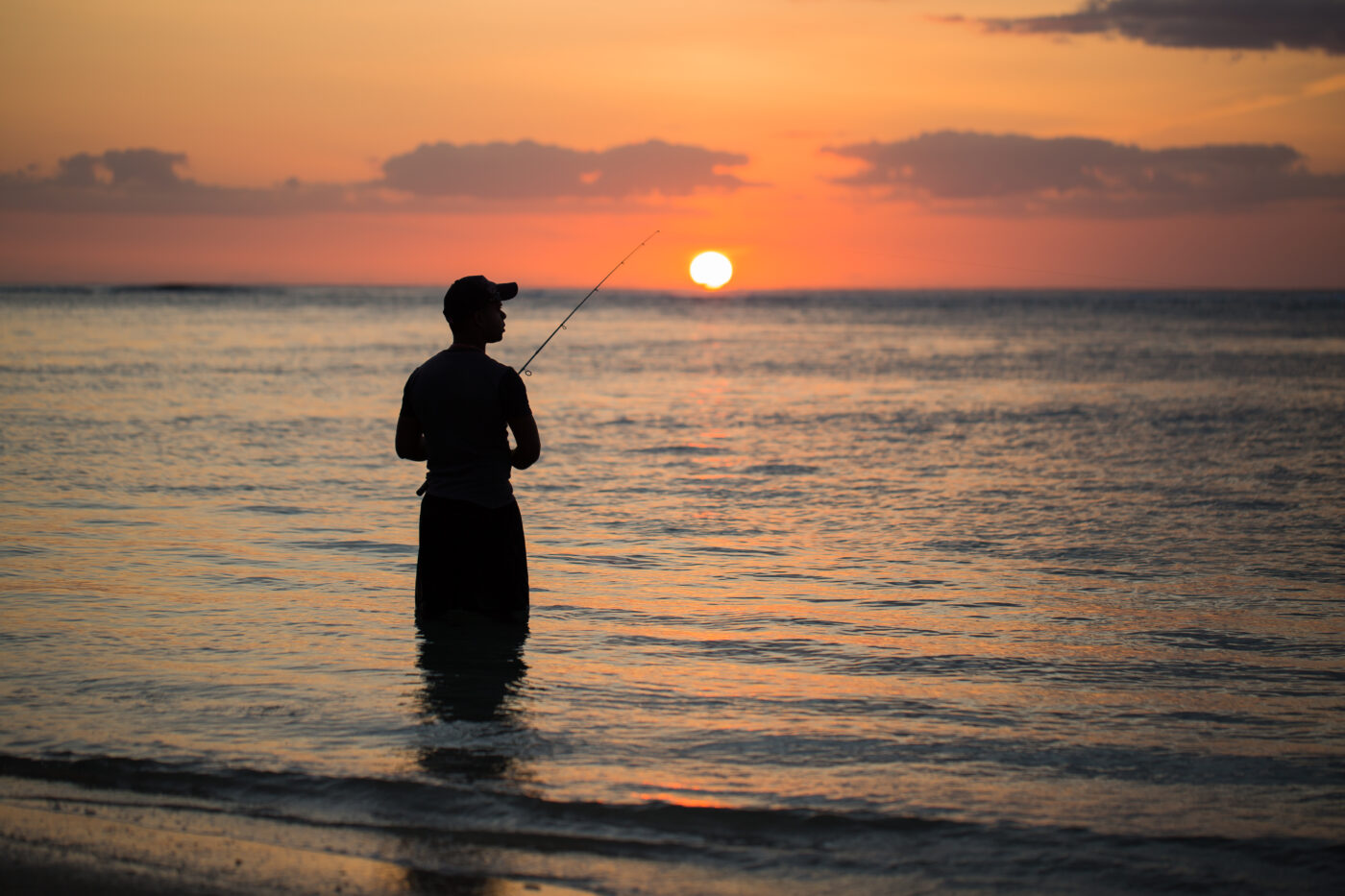Monday September 25, 2023

Over the last few decades, the ocean has been increasingly recognized as a source of sustainable livelihoods through fishing, shipping, tourism, and offshore energy. As a result, the term “Blue Economy” was coined to encompass the sustainable use of aquatic resources, meaning both marine and freshwater, for economic growth. The emergence of the Blue Economy represents an innovative way forward for coastal nations to generate wealth. However, it raises significant implications for small-scale fisheries, a crucial group often overlooked in global discussions. Specifically, it highlights uncertainties about the food security and the livelihoods of these critical stakeholders, who are the lifeline of small communities worldwide. Within the context of the Blue Economy, fishing and aquaculture sectors have become increasingly privatized. Additionally, there are now more economic sectors competing for space in the ocean. As various industries and sectors vie for access to aquatic resources, it can lead to increased pressure on fishing grounds and coastal areas, affecting the livelihoods of those participating in small-scale fisheries.
A small village with a fish arrow trap in Cambodia.
One of the primary concerns within the Blue Economy framework is the potential for disruption of food security through impacts on small-scale fisheries. This is particularly troubling because of the essential role these fisheries play in feeding small communities around the world. In the face of increasing emphasis on high-tech, industrial-scale fisheries, and aquaculture, traditional fishing practices are at risk of being overshadowed.
An example of these impacts can be seen in “ocean grabbing,” a practice in which vast swaths of oceanic spaces are allocated to large-scale enterprises, which reduces accessibility to fishing grounds for small-scale fisheries. This encroachment affects the supply of “blue food” – the sea’s direct produce – that small-scale fishing communities depend on for their dietary needs.

A man fishing at sunset.
With fish serving as a vital source of dietary protein in numerous regions of the world, small-scale fisheries have traditionally been at the heart of local food systems. Fish provide between 49% and 82% of animal protein consumed by people living in the Mekong River Basin, and between 32% and 70% across African countries. Yet, the capacity of these small-scale fisheries to maintain this critical protein source is increasingly under threat.
Running parallel to the threat to food security is the instability of the livelihoods of local fishers. Small-scale fisheries provide a source of income to over 100 million people worldwide and serve as a vital means of employment in many rural communities where few other economic opportunities exist. However, many coastal fishing communities are finding themselves progressively excluded in the face of securitization and privatized expansion.
Locals deploy a purse seine net to catch fish off of Vietnam’s coast. Creative commons
In Ghana’s port communities, for instance, small-scale fishers are prohibited from specific zones near industrial fishing vessels and expansion areas. The fishers claim their catch has declined as a result of restricted fishing space and industrial competition. Limited docking space adds more difficulty, as fishers are required to wait several hours to offload their fish, reducing the quality of their catch and, in turn, their profit.
Because many waterways connect directly to the ocean, these issues reach inland and affect freshwater fishing communities as well. For instance, in the Khong District of Lao People’s Democratic Republic along the Mekong River, approximately 94% of families participate in artisanal fisheries either as a means of generating income or for subsistence. Development projects such as industrial expansion, dam development, and hydroelectricity production negatively impact fish populations, reportedly leading to significant declines in catches by local fishers.
A local fisher checking their trap in the Mekong River.
While larger enterprises benefit from the market-oriented Blue Economy, small-scale fisheries may struggle to compete and face a decline in their economic situation. The loss of access to marine and freshwater resources and increased competition from industrial entities pose a significant threat to the livelihoods of small-scale fishers.
To address these multifaceted issues, some social and marine scientists are calling for a shift in the Blue Economy’s trajectory. For example, the Food and Agriculture Organization of the United Nations has included a roadmap for enacting this shift in their Voluntary Guidelines for Securing Sustainable Small-Scale Fisheries. One of these guidelines focuses on ensuring small-scale fishing communities have equitable tenure rights to fishery resources, fishing areas, and adjacent land. Another recommends state policies that prevent local community markets from being depleted as a result of excess international fish export. These guidelines seek to ensure that the growth of the Blue Economy does not come at the expense of the food security and livelihoods provided by small-scale fisheries.
This post was featured in our weekly e-newsletter, the Fish Report. You can subscribe to the Fish Report here.
